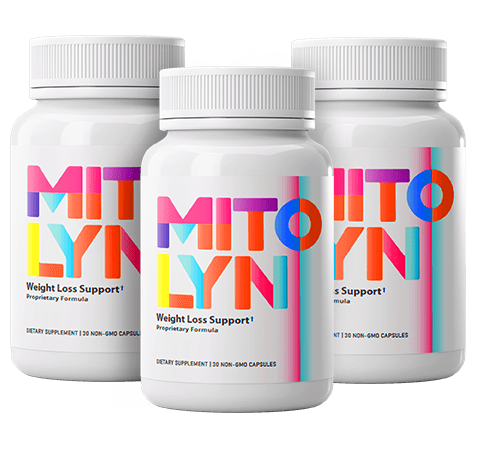5 Proven Muscle Recovery Strategies to Accelerate Healing and Enhance Performance
Whether you are a professional athlete or a fitness enthusiast, muscle recovery plays a crucial role in achieving optimal performance and preventing injuries. The process of muscle recovery involves repairing damaged muscle fibers, reducing inflammation, and replenishing energy stores. In this article, we will discuss five proven strategies to accelerate muscle healing and enhance performance.
1. Proper Nutrition
One of the most important factors in muscle recovery is proper nutrition. Consuming a balanced diet that includes adequate amounts of protein, carbohydrates, and healthy fats is essential for muscle repair and growth. Protein is especially important for muscle recovery as it provides the building blocks necessary for repairing damaged muscle fibers.
Additionally, consuming carbohydrates after a workout can help replenish glycogen stores, which are essential for providing energy during exercise. Including healthy fats in your diet can also help reduce inflammation and promote muscle recovery.
Some key nutrients to include in your diet for muscle recovery include:
- Lean protein sources such as chicken, fish, and tofu
- Complex carbohydrates like whole grains, fruits, and vegetables
- Healthy fats such as avocados, nuts, and olive oil
2. Adequate Hydration
Staying hydrated is essential for muscle recovery and overall performance. Dehydration can lead to muscle cramps, fatigue, and decreased muscle function. Drinking an adequate amount of water before, during, and after exercise can help prevent dehydration and promote muscle recovery.
It is recommended to drink at least 8-10 glasses of water per day, and even more if you are exercising regularly. You can also consider consuming electrolyte-rich beverages such as coconut water or sports drinks to replenish lost fluids and electrolytes during intense workouts.
3. Rest and Recovery
Rest is crucial for muscle recovery and growth. When you exercise, you create micro-tears in your muscle fibers, which need time to repair and rebuild stronger. It is important to allow your muscles to rest and recover between workouts to prevent overtraining and reduce the risk of injury.
Make sure to prioritize quality sleep, as this is when your body repairs and regenerates muscle tissue. Aim for 7-9 hours of sleep per night to support optimal muscle recovery and performance. Additionally, incorporating rest days into your workout routine can help prevent burnout and allow your muscles to recover fully.
4. Stretching and Mobility Work
Stretching and mobility work are important for improving muscle flexibility, reducing muscle stiffness, and preventing injuries. Incorporating dynamic stretches before a workout and static stretches after a workout can help improve blood flow to the muscles and promote faster recovery.
Additionally, foam rolling and massage therapy can help release tight muscles, reduce muscle soreness, and improve range of motion. Including mobility exercises in your workout routine can also help improve joint stability and prevent imbalances that can lead to injuries.
5. Active Recovery
Active recovery involves engaging in low-intensity activities such as walking, cycling, or swimming to promote blood flow to the muscles and aid in recovery. Active recovery can help reduce muscle soreness, improve circulation, and enhance overall recovery.
Including active recovery days in your workout routine can help prevent muscle fatigue and improve performance in subsequent workouts. You can also consider incorporating yoga or Pilates sessions to improve flexibility, reduce stress, and promote relaxation.
Conclusion
Optimizing muscle recovery is essential for enhancing performance, preventing injuries, and achieving your fitness goals. By implementing these proven strategies, you can accelerate muscle healing, reduce inflammation, and improve overall recovery. Remember to prioritize proper nutrition, hydration, rest, stretching, and active recovery to support optimal muscle recovery and performance.
By following these guidelines, you can ensure that your muscles are well-nourished, well-rested, and well-prepared for your next workout. Incorporating these strategies into your routine can help you reach your fitness goals faster and perform at your best.










